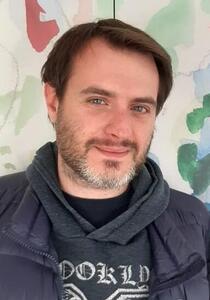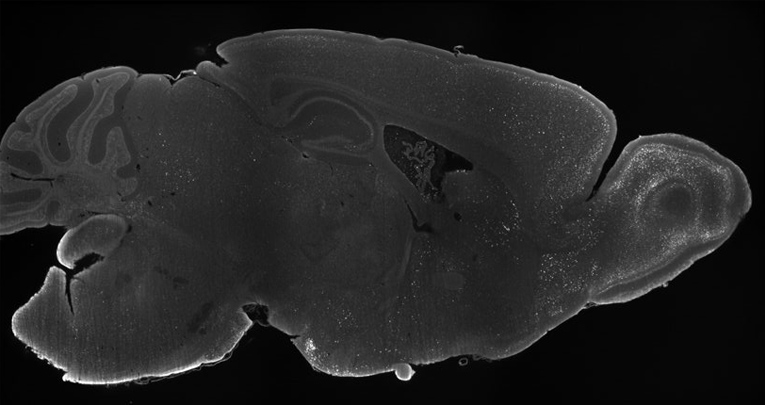Gruppo guidato da Luca Bonfanti e Paolo Peretto


Education
PhD in Neuroscience and Brain Technologies, Italian Institute of Technology, University of Genova.
Master’s degree in Biology Applied to Biomedical Research, University of Milan.
Bachelor’s degree in Biology
Current Position
2021 – Now: Post-doc fellow at Department of Life Sciences and System Biology and Neuroscience Institute Cavalieri Ottolenghi (NICO), University of Turin, Italy. Supervisors: Prof. P. Peretto, Porf. S. Bovetti.
Previous Position
2018 – 2020: Post-doc fellow at Institute of Behavioural Neuroscience, University College London, London, UK. Supervisors: Porf. S. Solomon, Dr. A. Saleem.
2016 – 2018: Post-do fellow at Optical Approaches to Brain Functions Laboratory, Institute of Technology, Genova, Italy. Supervisor: Dr. T. Fellin.
2013 – 2016: PhD student at Optical Approaches to Brain Functions Laboratory, Institute of Technology, Genova, Italy. Supervisor: Dr. T. Fellin.
October 2012 – December 2012: Post-lauream apprentice at Department of Life Sciences, University of Milan, Milan, Italy. Supervisor: Prof. A. Moroni.
2011 – 2012: Undergraduate student at Department of Life Sciences, University of Milan, Milan, Italy. Supervisor: Prof A. Moroni.
Research Interest
My main interest is to understand how our brain uses sensory information from the external environment to guide our behavioural choices. In particular, my research focuses on investigating brain mechanisms that regulate animal innate behaviours, such as threat detection, social interaction and mate selection.To achieve these goals, I apply a wide range of anatomical, optical and electrophysiological techniques.
I have a solid background as electrophysiologist. During my master, I used in vitro single cell patch clamp recordings to characterize a novel drug binding site on HCN channels. As a PhD student, I extended my skills in single unit recordings by using in vivo patch clamp technique coupled with optogenetics and two-photons microscopy. The combination of these approaches allowed me to investigate how different neuronal populations orchestrate spontaneous network dynamics in the thalamocortical circuit. Moreover, I was involved in the development of a novel technique to monitor and manipulate neuronal network in vivo with unprecedent spatial and temporal resolution.
I did my first postdoc in the Institute of Behavioural Neuroscience at University College London. Here, my research focused in understanding how our brain processes visual and environmental information to guide innate instinctive defensive behaviours. To this aim, I have learnt how to develop and monitor animal behavioural task to test for innate responses. I have coupled these behavioural tests with pharmacological manipulation, excitotoxic lesions, virtual reality environments and in vivo multi electrodes recordings.
I am now involved in a project aimed to understand the neuronal mechanisms that regulate animal mate selection in rodents. By combining in vivo two-photons microscopy, whole brain 3D reconstruction and behavioural assays, I aim to understand which are the brain areas that regulate and control mate choices.
Publications:
News
Il corteggiamento con suoni e odori: come il cervello guida la scelta del partner
Il corteggiamento è unico per ogni specie animale, ma nella maggior parte dei casi si basa su almeno due stimoli sensoriali, come visivi e uditivi. I topi che abitano le nostre città e campagne non fanno eccezione. Il maschio attrae infatti le femmine combinando stimoli olfattivi con la produzione di vere e proprie canzoni sotto forma di ultrasuoni.
Come interagiscono questi stimoli sensoriali? Dove e in che modo il cervello gestisce queste informazioni per aiutare la femmina a scegliere il partner migliore? Rispondere a queste domande è l'obiettivo del progetto di ricerca del dr. Stefano Zucca, che ha vinto il prestigioso finanziamento del fondo europeo Marie-Sklodovska Curie Postdoctoral fellowship.







